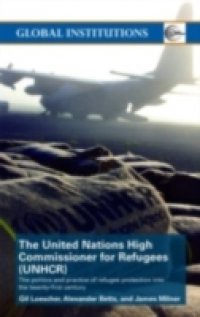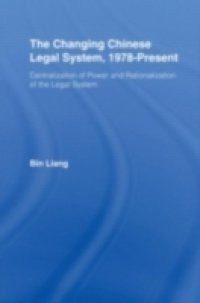This is a concise and comprehensive introduction to both the world of refugees and the UN organization that protects and assists them. Written by experts in the field, this is one of the very few books that trace the relationship between state interests, global politics, and the work of the United Nations High Commissioner for Refugees' (UNHCR). Looking ahead into the twenty-first century, the authors outline how the changing nature of conflict and displacement poses UNHCR with a new array of challenges and how there exists a fundamental tension between the UN's human rights agenda of protecting refugees fleeing conflict and persecution and the security, political and economic interests of states around the world. Key topics discussed include: The UNHCR as an actor in world politics since 1950 Refugee definition and protection instruments New challenges to the UNHCR's mandate Institutional strengths and weaknesses Asylum crises in the global North and global South Protracted refugee situations and internally displaced persons Key criticisms and continuing relevance of the UNHCR.



















